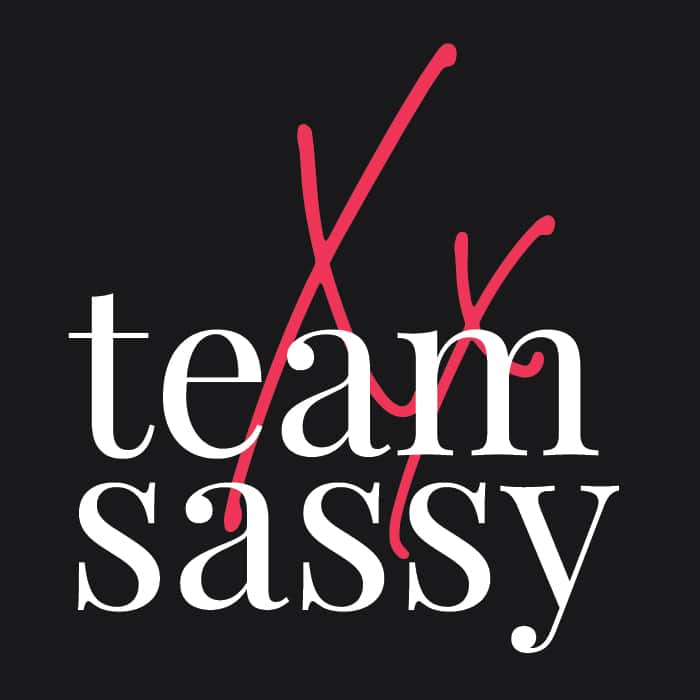Spend your days at Kerry Hotel’s five-star holistic wellness facility and enjoy exclusive membership perks.
Been working hard at the gym all summer? Don’t let the end of the season slow you down! Perhaps a little upgrade to your weekly routine is what you need to stay motivated. Just picture it: getting your workout done in a luxury five-star health club, followed by a dip in an infinity pool overlooking the harbour, and ending the day with a well-deserved visit to the spa for a luxurious treatment. Get exactly this and more at Kerry Hotel. Read on for all the details.

Base Camp Kerry Sports comprises the hotel’s 25-metre outdoor infinity pool, that famously offers panoramic vistas of Victoria Harbour and Hong Kong Island. You’ll be glad to know that the water is heated during the winter months, so you can enjoy a swim all year round.
The 24-hour gym also offers some amazing views — which can be enjoyed from the window-facing treadmills — and all the equipment you need to get a good sweat in. Book a free trial to get a feel of the space, and you might also want to look into the personal training programmes available if you’re looking to achieve specific fitness goals.

The Spa at Base Camp is where you can indulge in a variety of spa treatments, from therapeutic massages to results-driven facials. For the perfect post-workout treat, we’d go for the The Kerry Signature Massage — a combination of massage gun therapy and an aromatherapy massage that provides relief for sore muscles and tension points.
Rewarding our workouts with a dip in the pool and a soothing spa treatment? Now that’s something we can get used to! Opt for the Sweat-and-Splash Combo Membership (gym-only memberships are available too!) for unlimited access to the Base Camp Kerry Sports facilities.

What’s more, health club members are treated to a host of benefits including 25% off pool day passes for non-member guests, as well as use of the hot whirlpool bath, sauna and steam room. You’ll also receive discounts on selected spa treatments and the hotel’s food and beverage outlets (excluding Dockyard and Banquet).
To sweeten the deal, sign up for a 12-month subscription at $3,600 per month and enjoy 12 complimentary day passes for friends and family, six personal training sessions, three 60-minute spa treatments and more!
Base Camp Kerry Sports, 4/F, Kerry Hotel, 38 Hung Luen Road, Whampoa, Hung Hom, Kowloon, Hong Kong, 2252 5350, Facebook: Kerry Hotel Hong Kong, Instagram: @basecampkhhk, www.shangri-la.com
Brought to you in partnership with Kerry Hotel, Hong Kong.
All images courtesy of Sassy Media Group and Kerry Hotel, Hong Kong.





 Eat & Drink
Eat & Drink



 Travel
Travel



 Style
Style



 Beauty
Beauty



 Health & Wellness
Health & Wellness



 Home & Decor
Home & Decor



 Lifestyle
Lifestyle


 Weddings
Weddings








